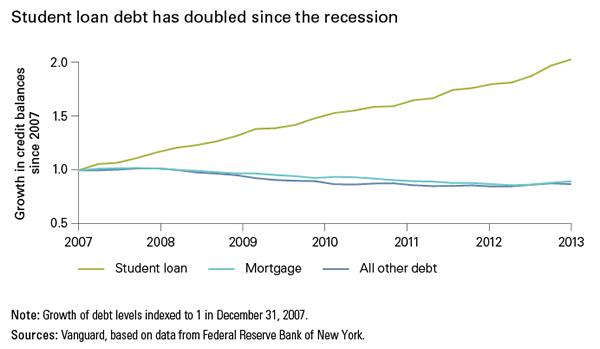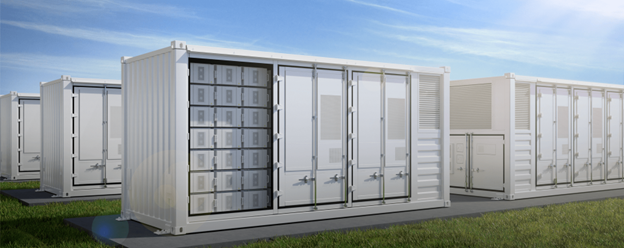The decline in college enrollment since the pandemic began has raised alarm bells in some quarters. Doomsayers claim that declining enrollment implies a bleak future for America, one characterized by an increase in inequality, a decline in life expectancy and a loss of international competitiveness.
But reality is far more complicated and nuanced. There is a tendency for those within the higher education sector to overstate the economic significance of getting a college degree. Not all college degree holders can expect to attain successful and highly remunerative careers, and the widely reported average earnings gap often fails to acknowledge the enormous range and variance in earnings that results from factors such as field of study, occupation, age, gender, race and ethnicity, and location.
The choice of college major is of particular salience in influencing lifetime earnings. In an era of widespread grade inflation, undertaking challenging coursework and selecting rigorous majors may offer a clear signal to potential employers and yield a higher return on investment. There is some evidence that college completion rates in recent years have risen in conjunction with a spike in grade inflation, suggesting a decline in the strength of the signaling effect of college degrees.
Many students naturally tend to seek out the most lenient professors and the least demanding course schedules. Poor preparation in secondary schools often discourages students from undertaking challenging coursework at the college level. Others may struggle to balance work and study and may not have the luxury of sufficient time or energy to undertake a rigorous major. This has resulted in a surfeit of college graduates with less sought-after degrees who are, consequently, underemployed.
Additionally, from a psychological standpoint, getting burdened with massive student loans while experiencing underemployment and low earnings is likely to increase stress for many graduates. Recent research even suggests that financial returns may be low or even negative for those of below median ability who are attending expensive colleges and majoring in less remunerative fields.

How do we get out of this mess? First and foremost, it is necessary to offer high school graduates multiple pathways to attain a well-paying career. Given that the U.S. economy is suffering from a significant and long-term skills mismatch and facing a massive shortage of truck drivers, welders, electricians, construction workers and a whole slew of various other skilled tradespeople, it is necessary to encourage more entrants into these fields.
Second, for those attending college, provision of clear and transparent information on earnings data would aid in the selection of fields of study. Tightening admissions requirements and boosting overall rigor may help improve the overall value of a college education. In an idealized world, in which higher education was more affordable and college was not treated as a commodity, well-motivated students might well be able to pursue their true passion without the involvement of pecuniary considerations. The real world, sadly, is far from ideal.
Third, from a macroeconomic standpoint, we need to better understand the process by which human capital (the skills, training and experience-level of the labor force) can be increased at both the individual and the societal level. Decades of research has highlighted the significance of human capital for long-run economic growth.
The influential work of Claudia Goldin and Lawrence Katz suggested that broad economic developments of the past century or so could be captured by considering the race between technology and education. The basic idea is that technological changes typically boost demand for more skilled/trained workers, and an increase in the supply of skilled/trained workers is necessary to keep a lid on inequality.
Goldin and Katz noted that skill-biased technical changes of the past four decades have created a much more significant demand-supply gap of skilled workers and, consequently, led to much higher returns for the highly skilled. This appeared to initially suggest that the appropriate solution was to boost college enrollment levels. The high college wage premium (the earnings gap between those with bachelor’s degrees and those with high school education or less) observed between 1980 and 2000 appeared to confirm the notion that insufficient supply of college graduates was a key feature of the U.S. economic landscape.
But updated research (by Autor, Goldin and Katz) revealed that the “largest part of increased wage variance in the twenty-first century comes from rising inequality among college graduates, with almost no change in wage inequality since 2000 for noncollege workers.”
There appears to be a growing skill-mismatch between the degrees pursued by students and those actually sought by employers. Additionally, U.S. productivity growth has remained subdued even as the share of workers with college degrees has risen. Various structural factors have also affected the returns to college education in recent decades.
The sustained high demand for college education resulting from misaligned incentives, misguided policies and societal pressures has led to a U.S. higher education sector that is characterized by runaway expenses, administrative bloat and less-than-ideal admissions policies. It may be time to burst the higher education bubble.
A recent report from the Federal Reserve Bank of Richmond succinctly summarized the argument for encouraging alternatives to college education as follows: “If a four-year college degree nowadays signals for many jobs what a high school diploma used to signal — maturity, competence, and drive, among other desirable traits — alternative routes could, at least in theory, signal those same traits at a lower individual and societal cost while potentially allowing skilled, but non-college educated, people to attain well-paying jobs for which they are otherwise qualified.”
Vivekanand Jayakumar is an associate professor of economics at the University of Tampa.









